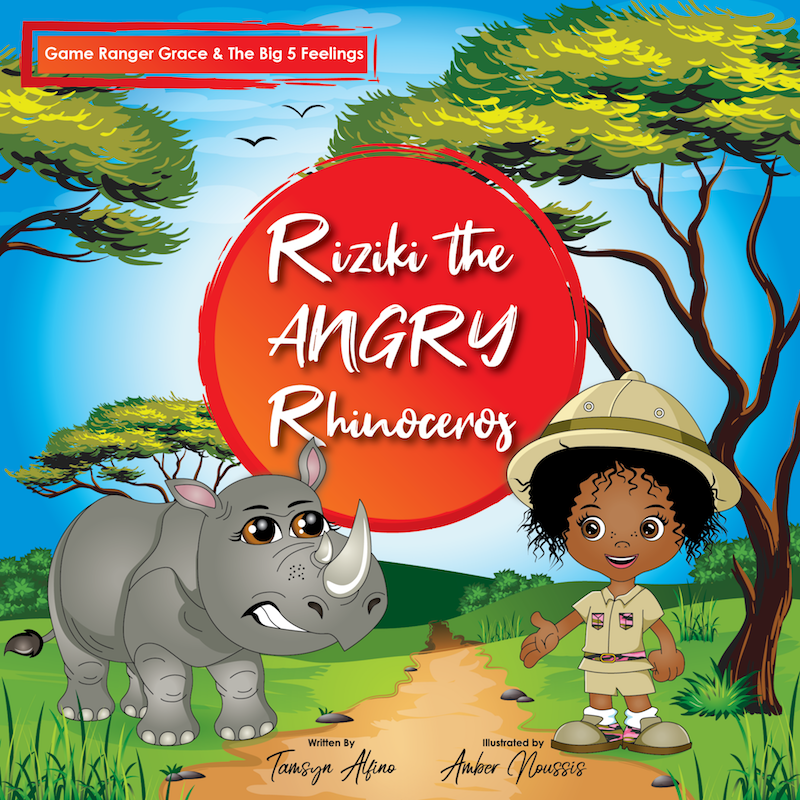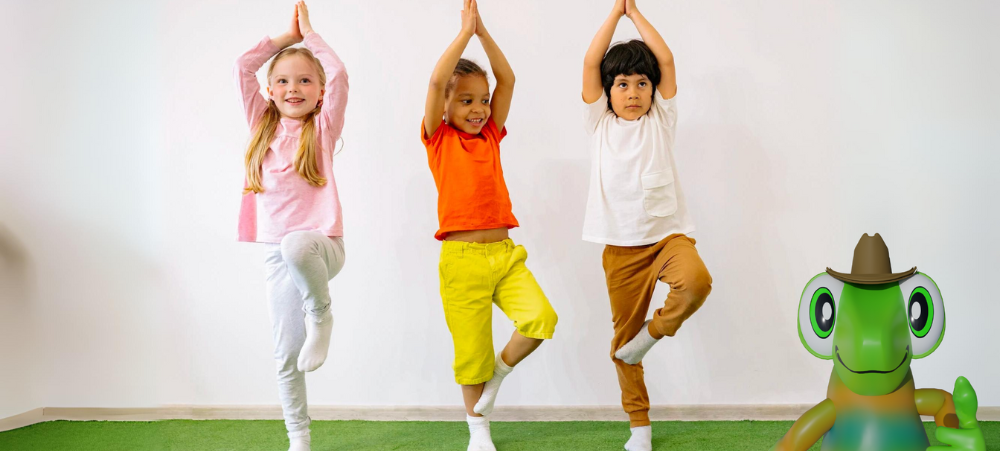EQ. Two simple letters that wield such a determining influence in our children’s lives.
Emotional Intelligence (or EQ as it’s more commonly known) is not a novel concept. For years the importance of developing children’s EQ and IQ in tandem, has been discussed and promoted in scholarly articles and mainstream media alike. The question being asked now (and louder than it’s ever been asked before) is – were we paying attention?
The COVID-19 pandemic has forced the calling upon of resilience, empathy, confidence, adaptability to unpredictability, embracing of change and countless other skills that the emotionally intelligent child possesses. And in doing so, it has shone a spotlight on the vast difference in the coping capacity of the high-EQ child versus the not-so-high.
But does this matter?
Yes. Yes it does.
It matters because the pandemic has demonstrated that being emotionally intelligent is an outlook, an approach to life and a determinant of success that will be more important than ever in the aftermath of multiple levels of lockdown and the severe restrictions that were and still are being placed on our children’s complex socialisation needs.

The socio-emotional consequences of 2020’s school closures and mandatory isolation are manifesting fast and furiously.
Increased cases of childhood anxiety, depression, peer-related issues and behavioural challenges are presenting at schools and in homes…And it’s only through increased efforts in EQ Education that we can hope to offset these consequences for our children in the long-run.
But where do we even begin?
At the very beginning, ofcourse. Much like learning the basics of reading and writing requires first learning the alphabet – children should be taught emotional awareness and expression (the basic principles of EQ) by first being taught to identify their feelings accurately. Too few children are able to differentiate their feelings and the feelings of others beyond “happy”, “sad”, “scared” or “angry”. But “sad” is not the same as “guilty” and “angry” is not the same as “rejected”.
Storybooks like those in the “Game Ranger Grace & The Big 5 Feelings” series have been specifically created to expand the emotional vocabulary of young children. To expand a child’s emotional vocabulary is to help them take their first step on the road to emotional intelligence, because the ability to accurately identify an emotion directly impacts the ability to effectively regulate and express it.
And the good news is that the younger the child when EQ Education efforts start, the greater the long-term benefits will be. So start at the very beginning…it’s a very good place to start!

Visit www.tjtrainingsolutions.co.za to order copies of the first book in the “Game Ranger Grace & The Big 5 Feelings” series or email [email protected] to query available EQ resources and workshops.





